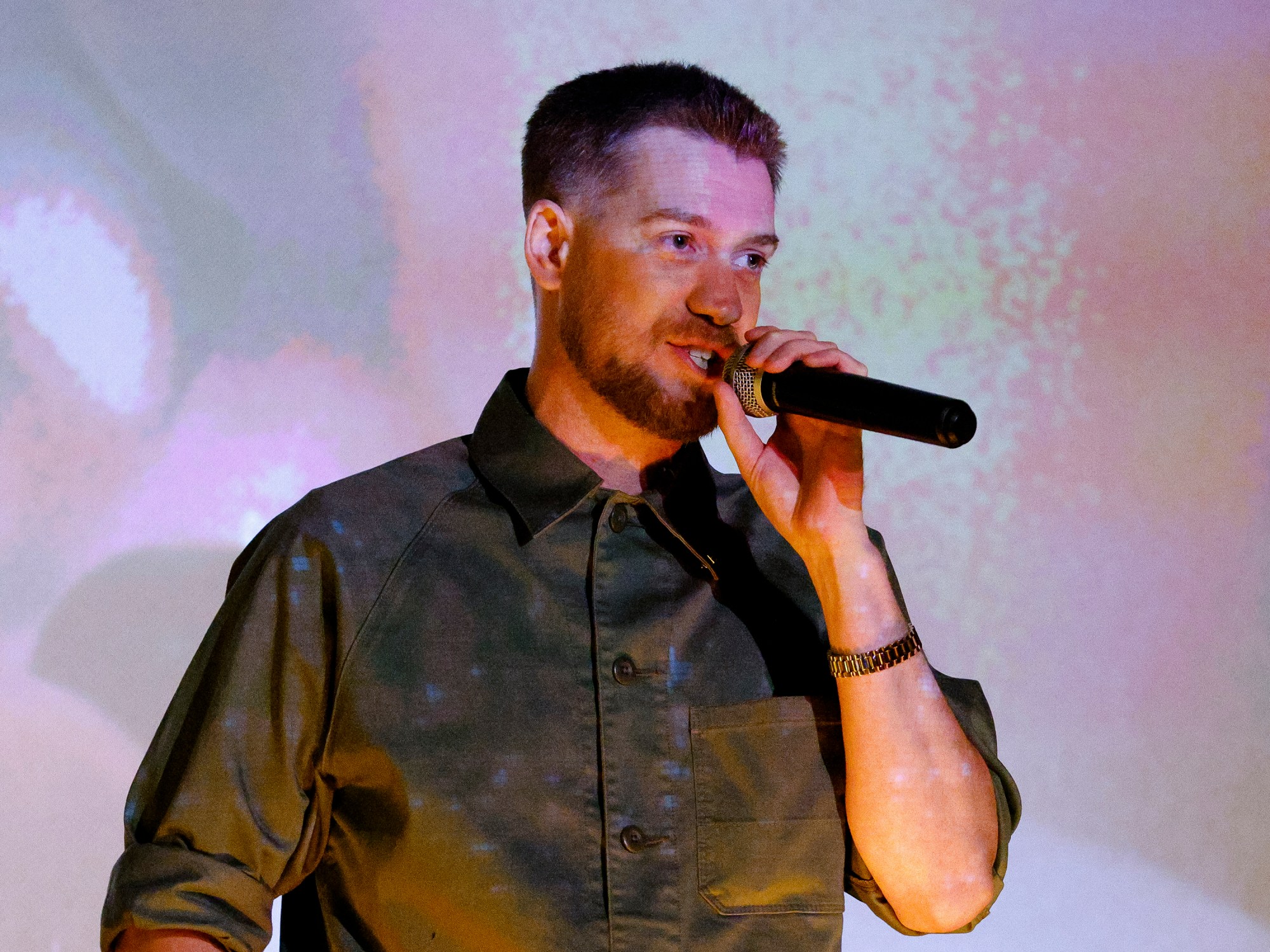
- Interviews
“Blindspotting”: Rafael Casal Interview
Blindspotting is an American comedy-drama series and a spin-off sequel to the 2018 film of the same name. This Oakland-based project centers on struggles with gentrification, police violence, and the inequalities of the American criminal justice system. After a successful first season, Starz renewed the show, and season two is now available to stream. It focuses on how Ashley Rose and the rest of the family cope with the incarceration of Miles Turner, who is serving a five-year sentence due to drug charges. Despite the serious subject, this season keeps its cutting-edge spirit and upbeat mood, approaching the conversation about modern Black culture and the prison system’s effects on inmates and their families in a very bold manner. Between sharp humor and a surrealist touch, this season continues to provide deep social commentary.
Rachel Casal, one of the creators spoke to us over Zoom.
How did you start your path in the arts?
I was an angry teenager. Traditional education did not appeal to me. I channeled all that energy iooo art. I started writing music and poetry at a very young age. That’s when I felt I could be vulnerable. Growing up during the boom of YouTube and social media allowed me to share all that with the world.
You have been collaborating with Daveed Diggs for many years. Both of you created Blindspotting. Sometimes, it’s hard to keep a healthy work relationship for that long. How do you manage that?
I have been collaborating with Daveed for 19 years. It’s a long time, but it works very well. We give each other permission to go further. We met in High school. Then, he went to Brown, and I just kept doing my art. I am more of a cognitive vagabond. Despite that, we always loved working together. We have our egos checked. Now that we are in our thirties, we have realistic expectations of what a career in art can be. We do a ton together and a ton apart We are very intentional about when we collaborate.
Blindspotting is a love letter to Oakland, where you both grew up. What was the intention behind this city, in the movie, and in the show?
It was the place that nurtured us, and we wanted to give back. We wanted to put it on the showbiz map. There is a huge lack of entertainment industry infrastructure in Oakland and the area around it. That, together with the high cost of living makes it very hard for artists to break out and achieve success. We are actually facilitating some screenwriting salons for people that want to work in the industry. There isn’t a big development component for artists in the business. It’s hard to break through. We are working on making those avenues more accessible.
What is it that you still want to achieve professionally?
I would love to direct a feature of my own. I want to continue to make art with the people that I love: dreams with friends. I do not like to do things just for the spectacle. What I enjoy is expressing the complexity of the human condition. That’s what I want to keep doing.